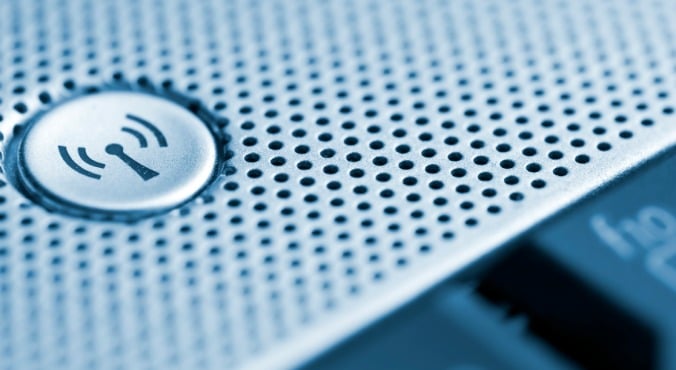
Image via iStock.
The thought of being away from a reliable wifi connection would make most of us feel ill, but for a growing number of people, it’s the very opposite. For some, just being around wifi is enough to make them feel physically sick.
In what is the first case of its kind, a French court has just awarded compensation to Martine Richard, a woman who claims she’s ‘allergic’ to wifi, a condition known as Electromagnetic Hypersensitivity or EHS.
The Toulouse court ruled that the government should pay 39 year old Richard $900 a month in disability allowance for at least three years, according to Robin des Toits, an organisation that campaigns on behalf of EHS sufferers.



